
Here’s our next digital nomad interview. With this series, I feature people of different cultural, professional and personal background and let them talk about their lifestyle, why they chose to become digital nomads and how they combine work and travel. Please don’t hesitate to get in touch if you’d like to be part of the digital nomad interview series.
This time, Lena from the United States was so kind as to answer my questions.
Lena is a location-independent solopreneur who provides intercultural training and coaching.
Please check Lena’s website and social media handles to connect and follow here:
Website: www.lenapapadopoulos.com
Instagram: https://instagram.com/lenapapadopoulos
Facebook: https://facebook.com/lenapapaconsultant
LinkedIn: https://www.linkedin.com/in/lena-papadopoulos
Did you miss the previous interviews? Here they are:
Hi, Lena! Please tell us a bit about yourself and your background.
I’m a first-generation Greek-American, born and raised in Georgetown, South Carolina. My father started two restaurants (as Greeks do!), and I grew up working there. He wanted me to take over the family business, but I honestly hated it so much. It just wasn’t the right fit for me, and I know I would have become resentful if I’d been forced to follow in my father’s footsteps. Thankfully, he’d always supported me in pursuing my own dreams—his intention was to create a life of opportunity for me, after all.
My own personal passions led me to pursue human connections, intercultural learning, and travel. I studied Sociology and Psychology during my Bachelor’s degree, and then I got my Master’s degree in Cultural Anthropology with a certificate in International Development Studies. My professional roles over the last 10+ years have combined a mix of work in the fields of education, experiential learning, intercultural programming, and leadership development.
Now, I’m a location-independent solopreneur offering my services in intercultural training, coaching, and facilitation. I help purpose-driven schools, organizations, and businesses provide transformative learning experiences that facilitate powerful personal growth, unarmored human connection, and the development of effective intercultural skills. The goal of my work is to open both minds and hearts to build bridges toward a more inclusive and equitable world.
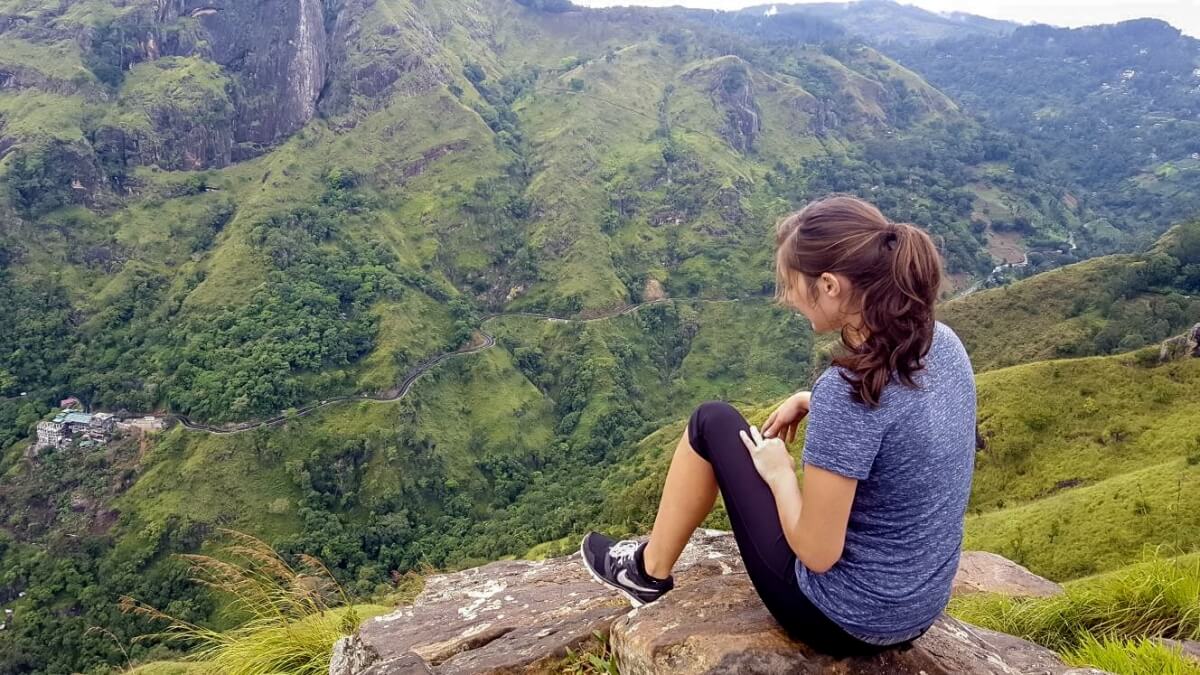
Why and when did you set off as a digital nomad?
After doing this work in a variety of contexts, it seemed that being employed by an organization or institution would always limit me in some way. My approach is quite unconventional in my field, but I usually had to operate within the confines of bureaucracy, expectation, tradition, etc. I felt the only way to freely create and serve in the way I envisioned was to do this work on my own as an independent consultant.
I left my most recent role at a university in the U.S. in August of 2017 to travel full-time while setting up my own business. Because much of my work can either be done remotely or requires me to be flown in for a project or workshop, I have the freedom to be based anywhere. So this is a great opportunity for me to do the work I’m most passionate about while also fulfilling my love for travel.
Do you travel alone or with a partner/friend? Which advantages and disadvantages does this have?
I travel with my partner, Jay. I was an avid solo traveler before meeting him, so it was honestly a big adjustment (and a loss of identity) to start traveling full-time with another person. I miss a lot of aspects of my solo travels, but there are also elements of traveling with my partner that I really value and appreciate.
I loved the freedom of being solo. I liked doing whatever I wanted to and being on my own schedule/timing. It was also easier for me to get out of my comfort zone and find ways to meet new people. When traveling solo, I do a lot more exploring, meet more locals, and generally learn more about the place I’m in. Having a partner provides a bubble of security and safety, and it becomes easier to rely and depend on one another without pushing myself to get more out of the travel experience.
On the flip side, it’s also really nice to have someone to rely and depend on. There’s someone to laugh with or vent to when the inevitable mishaps arise. Laughter is contagious, and misery loves company (haha!), so it’s nice to have someone to share it all with. In addition, I’ve often used solo travel to run away from the challenges of being completely seen and known by others, so being with Jay 24/7 challenges me to confront (and grow through) things I don’t like about myself.
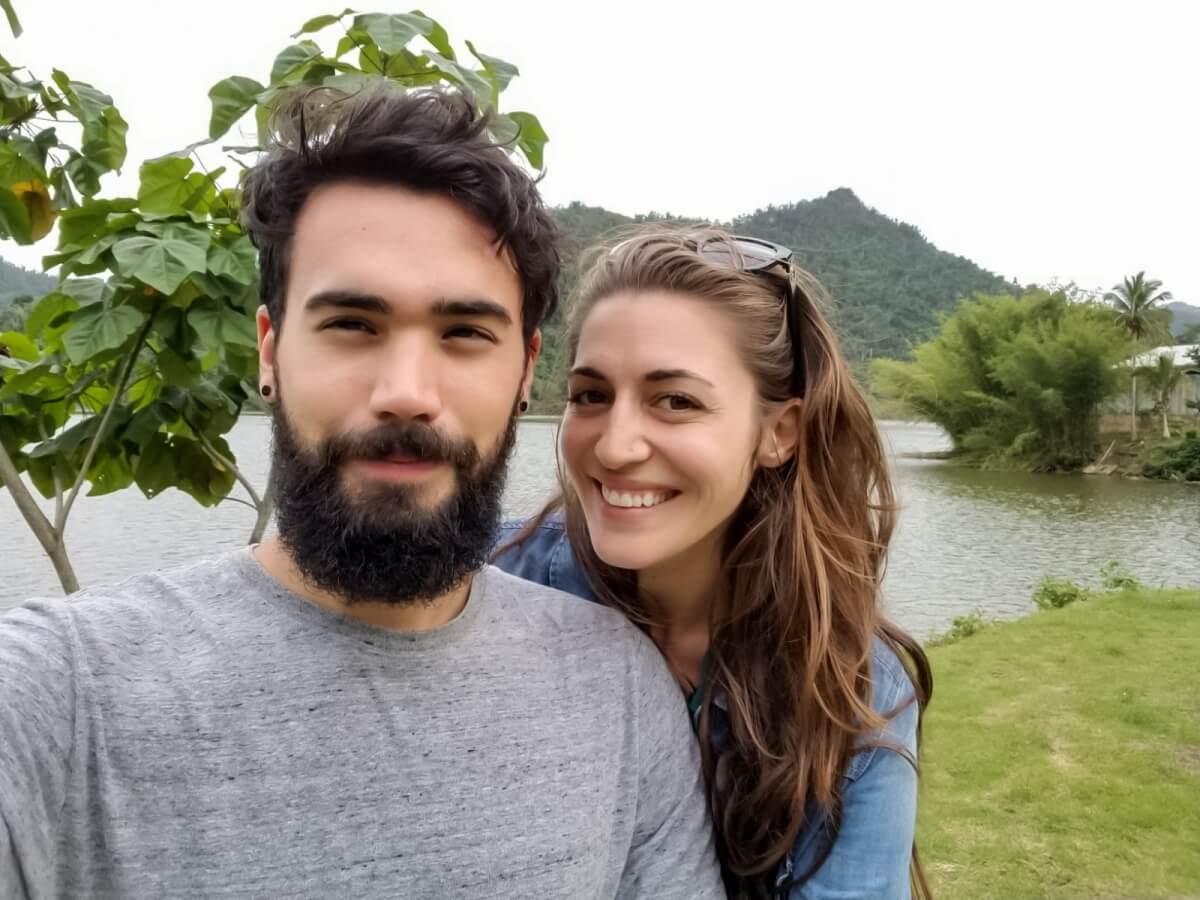
Which continents/countries have you already visited? Do you have a bucket list of places you’d like to see?
I’ve been to 60ish countries in total over the course of my life. Since beginning to travel full-time almost two years ago, I first did a solo trip through the Balkans and visited Slovenia, Croatia, Bosnia, Montenegro, Albania, Macedonia, and Bulgaria. Then Jay met me in Greece (where my extended family is). From there, we went to India, Sri Lanka, Thailand, Laos, and Myanmar. We spent most of 2018 in Puerto Rico (where Jay is from). And this year we’ve been in Spain and the Republic of Georgia.
Every place is on my bucket list, haha! Between the two of us, the place we’d most like to go is Japan, but we want to have a lot of money saved up for that trip. I’ve been wanting to spend more time in Latin America, so our plan right now is to start 2020 in Mexico and slowly make our way down south.
How do you handle work vs travel/sightseeing time?
I think this is can be a big challenge when you move around frequently, and that didn’t work for us when we first got started. We much prefer “slow travel,” or spending at least 3-4 months minimum in a place when possible—we have the privilege of American passports which makes this easier for us than most. Spending an extended amount of time somewhere alleviates that pressure of seeing/doing everything in a limited time-frame. We just live our “normal” lives, working 4-5 days a week, and then taking 2-3 days to rest, sightsee, or take small trips to other parts of the country. We both need structure/routine to be productive in our work, so this allows us to have that while also changing up our environment/access to new places every few months.
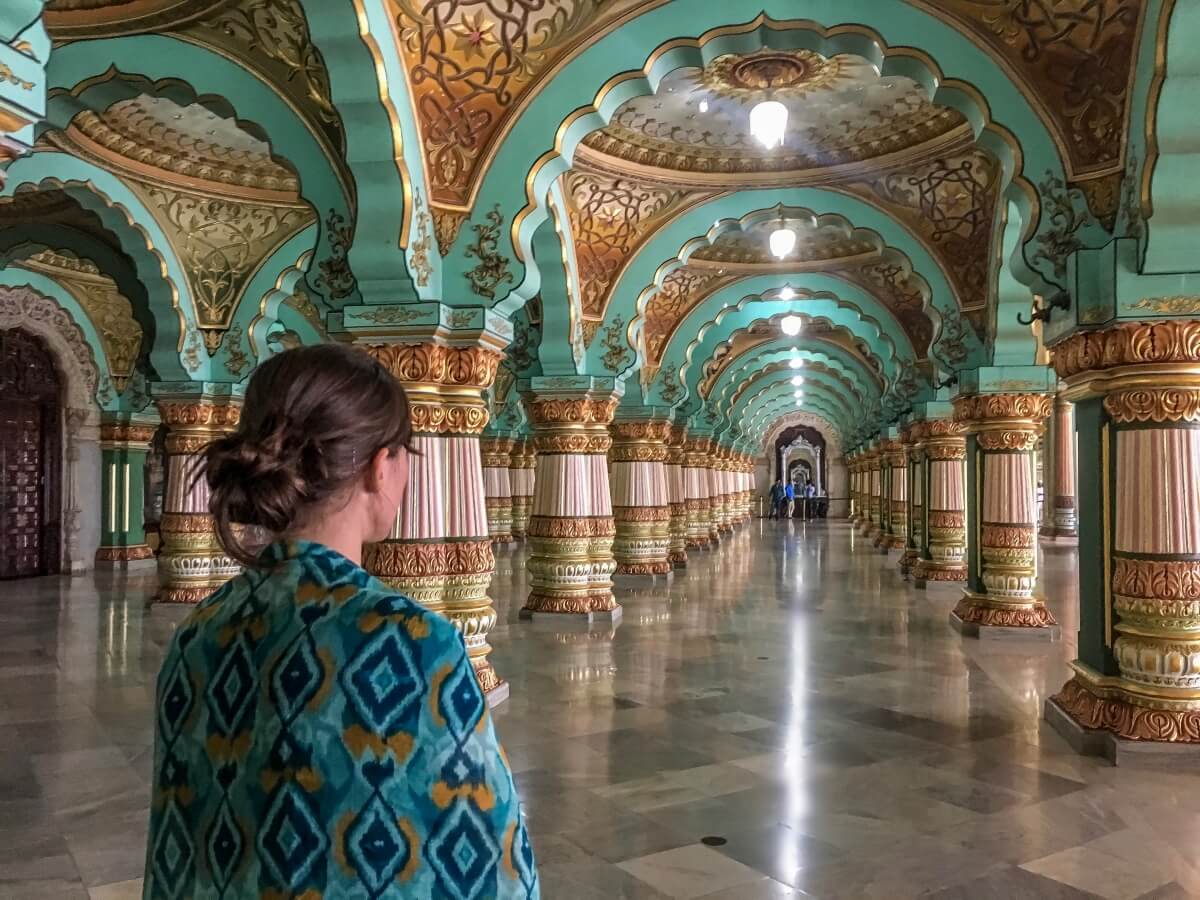
How long do you plan ahead? What are the advantages and disadvantages of planning ahead, in your opinion?
Honestly, I hate planning! I find the whole process of finding accommodation, transportation, etc. really draining, so this is another aspect of “slow travel” that appeals to me—the need to organize logistics happens less often. We have a sense of where we’d like to go several months in advance, but we’re also flexible and stay open to things changing. We have the rest of our year planned (even though none of it’s booked!), but we haven’t yet made any concrete plans for next year.
Planning is good to an extent because you know what to expect and I think it creates less stress in the long-term. At the same time, not having everything planned out allows for spontaneity as well as unexpected life stuff. For example, we’d intended to spend all of this year in or near Europe, but my sister is now having a baby in October, so we’re making a trip home to the US in November. Since we hadn’t booked anything past August, we were able to change our plans without having to rebook things and lose money in the process.
How do you choose your accommodation? What kind of accommodation do you like best? Why?
We initially keep our eyes peeled for house-sitting opportunities because that’s generally a win in every sense—a rent-free option that’s already equipped with everything we need for daily life. Otherwise, we find our apartments through local Facebook groups or rental agencies.
We prefer small, one bedroom apartments—big bonus if there’s a lot of sunlight. And we ideally look for an oven. This can really be a challenge in some countries where it’s not so common to cook with ovens, but we both love cooking and a lot of what we make (especially my Greek recipes) require an oven. So oddly enough, that’s one of our highest priorities when looking for accommodation!

How and where do you like to work? Why?
We like to work in coffee shops or cafes. It’s generally hard for us to be productive at home, though sometimes that also depends on the setup of where we’re living. I also like to try out coworking spaces, but I generally use free day passes to try out a few different ones. I haven’t yet made any commitments to coworking memberships, though I’d like to when my income is a bit more stable. There’s something about having other people around that helps me feel a sense of accountability, even if they have no idea what I’m actually doing on my computer!
Do you have plans to settle down one day? If yes, where?
No plans to do so as of yet, though I imagine it will likely happen eventually. Who knows though?! I think it depends on a lot of factors. If we do find a place to settle, I think it will largely be driven by a desire for stability and community. I love moving around and establishing different connections, but there’s also something really special about being embedded in a place and building long-term, intimate community with people in a way that just isn’t possible while moving around.
We’d be open to a lot of different places, but obviously the easiest country to settle in would be the United States, where we both have citizenship. We’re most drawn to Colorado and the Pacific Northwest (Washington and Oregon). I guess we’ll see what happens!
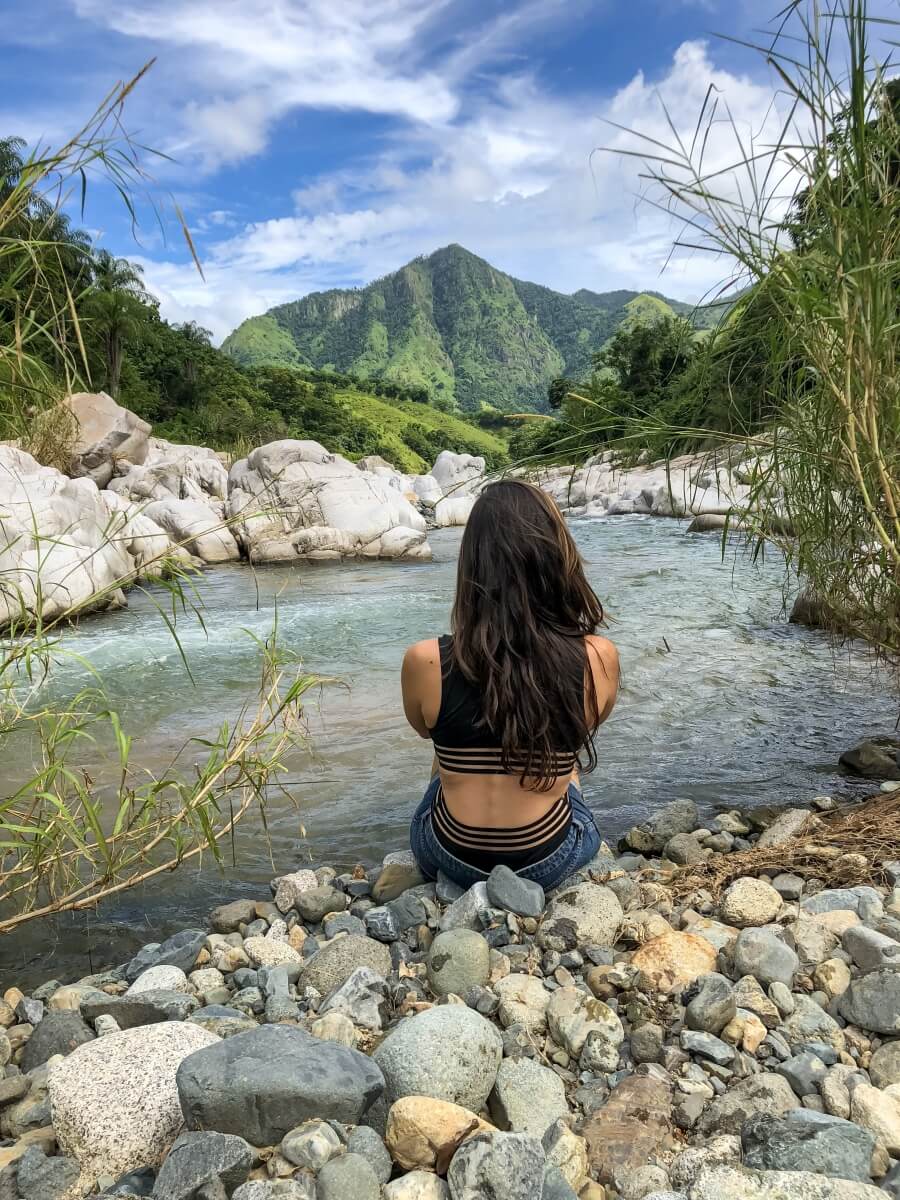
Any recommendation for people who would like to start a nomadic life but are not sure how?
The truth is, this isn’t for everyone. A lot of people want this lifestyle because they see others doing it through social media, and they idealize and romanticize what it must be like. It comes with a lot of advantages (depending on what you love and value), but it also comes with challenges. For some, those challenges are worth the benefits, but others might be miserable. My sister, for example, would hate my lifestyle. It just doesn’t suit her and what she wants/values in life. I think it’s important to be clear on whether you want to do this for yourself, or simply because the “idea” of it is appealing.
If you do decide this is something you genuinely want to pursue, I would recommend figuring out how you plan to make an income before setting off—even if you don’t intend to start working right away. Some fields simply don’t have a lot of remote work opportunities available, so it’s important to consider your background and experience and really get clear on what kind of work you can do remotely. Do some research on the kinds of roles you’re interested in and develop an understanding of what skills people are expecting you to have, then you can work on filling any gaps if you need to.
Another option is to start your own business, which is what I’ve done. Figure out how you can offer your expertise through the online space. If you decide to take this route, I’d recommend to either get it started part-time before you start traveling, or have a good amount of money saved up before leaving to provide a bit of a safety net. Things rarely go as we plan, so just be prepared for that!
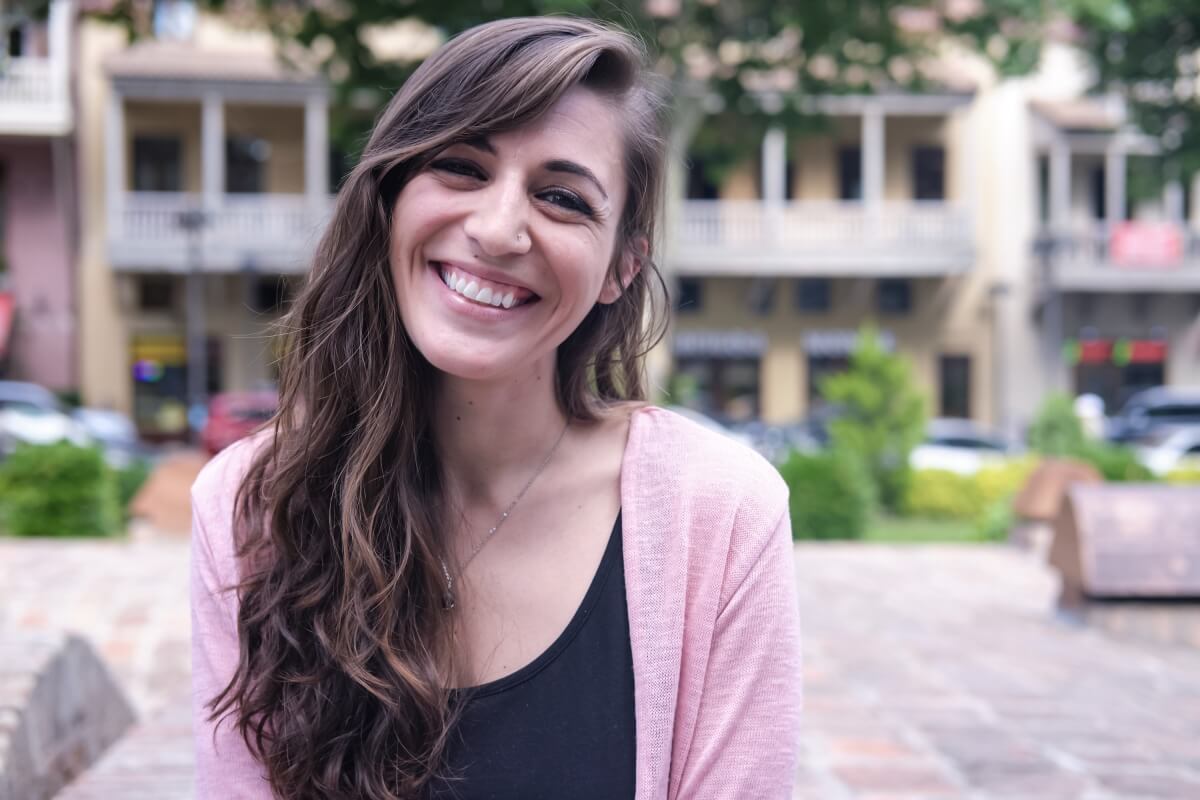
Did you like the interview? Then why not share it on Pinterest? Muchas gracias!
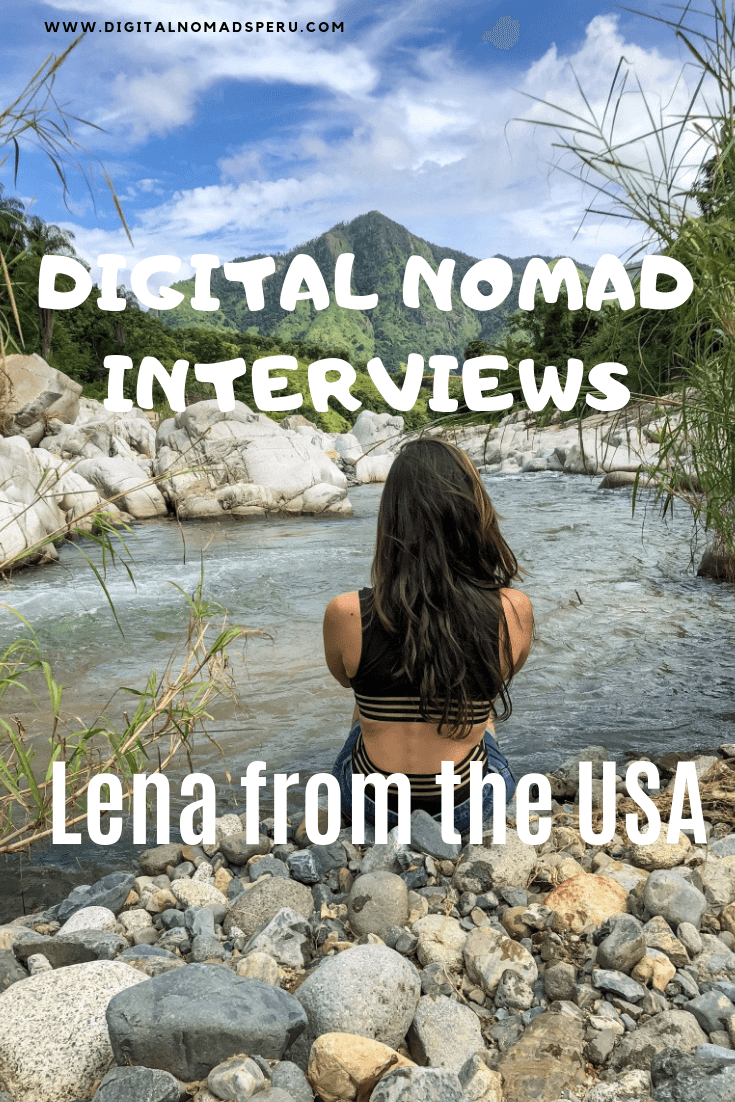
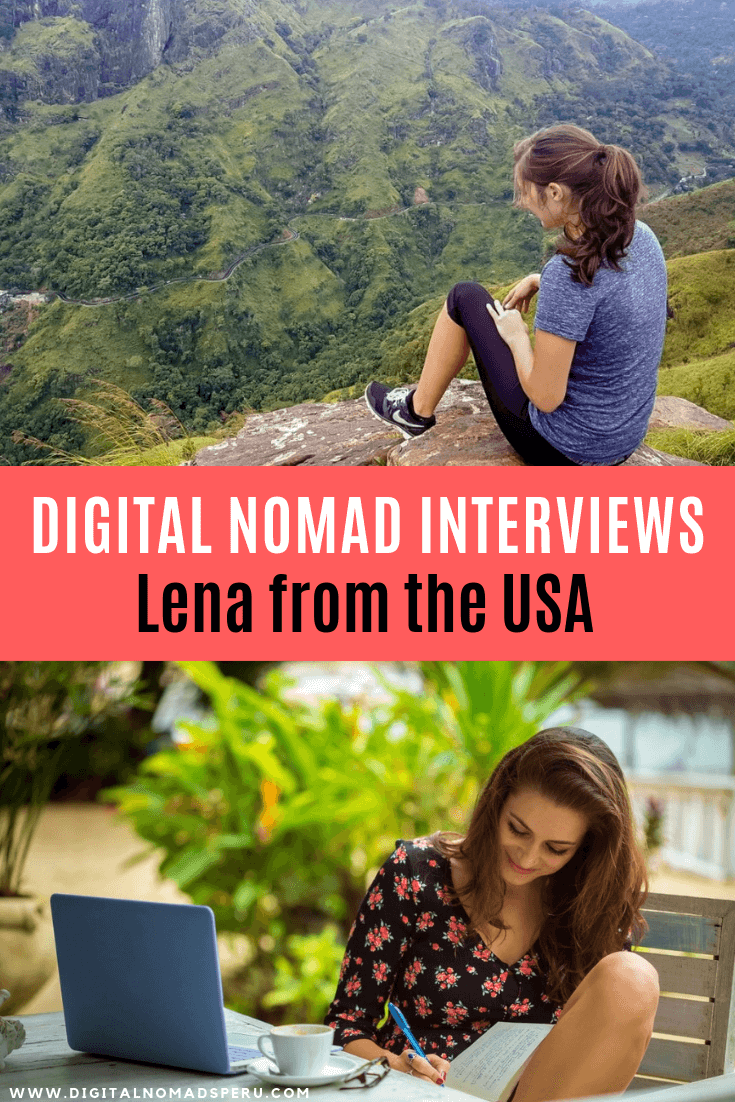
- Best cities for digital nomads in Peru - March 5, 2020
- Digital nomads and foreign languages - January 22, 2020
- Do I need an onward ticket to enter Peru? - January 4, 2020



Leave a Reply